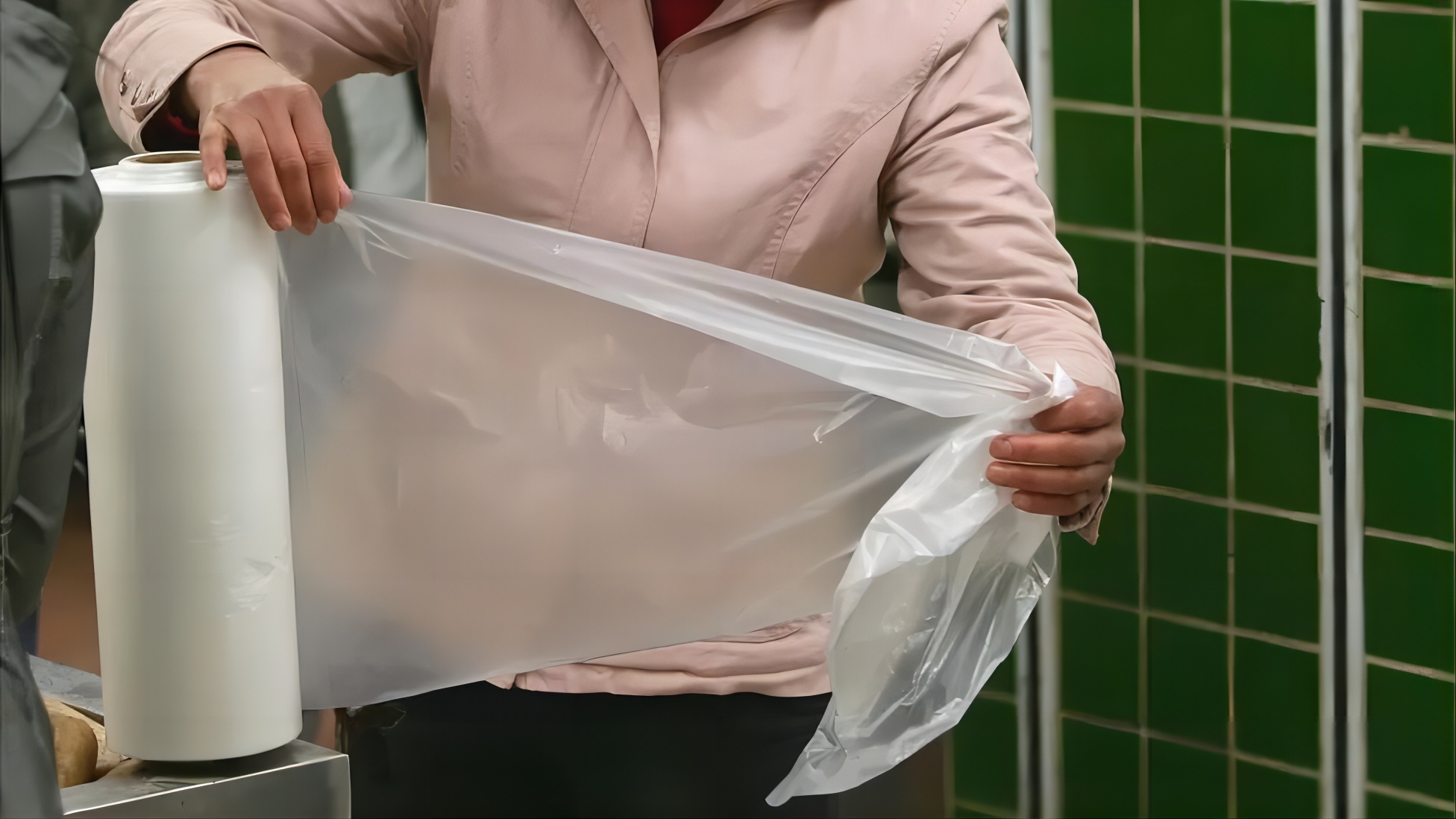
New Zealand has become the world’s first country to expand its ban on plastic bags in supermarkets to thin bags, which are typically used to hold fruits or vegetables.
The move, which took effect on Saturday, is part of a wider government campaign against single-use plastics.
Most shoppers already bring their own bags to stores after take-home plastic bags were banned in 2019.
In recent years, many countries have imposed a fee or ban on plastic bags.
“New Zealand produces too much waste, too much plastic waste,” Associate Environment Minister Rachel Brooking said.
She added more than one billion plastic bags had been saved since the ban on thicker bags took effect in 2019.
The new move is expected to prevent the usage of 150 million plastic bags per year.
Critics have raised concerns that shoppers may just place groceries in disposable paper bags, which are still available in supermarkets.
“It’s still worth doing this, but we really want to reduce single-use anything packaging,” Ms Brooking said.
“So we want people to be bringing their own bags, and supermarkets are selling reusable produce bags,” she added.
Supermarket chain Countdown, which operates more than 185 stores across the country, has started selling reusable polyester mesh bags.
The company hopes this will encourage shoppers to use reusable bags for fruits and vegetables.
“We know change is hard and (it) will take them a little while,” said Catherine Langabeer, the head of sustainability at Countdown. “We get some grumpy customers.”
The New Zealand government has made progress on other initiatives to tackle climate change.
In October, it proposed taxing the greenhouse gases produced by farm animals like sheep and cattle.
The world’s first scheme will see farmers paying for agricultural emissions in some form by 2025.
The country’s farming industry accounts for about half of its emissions.